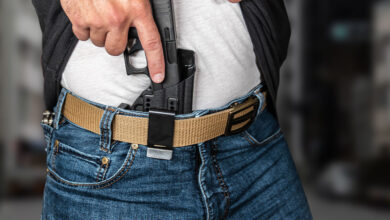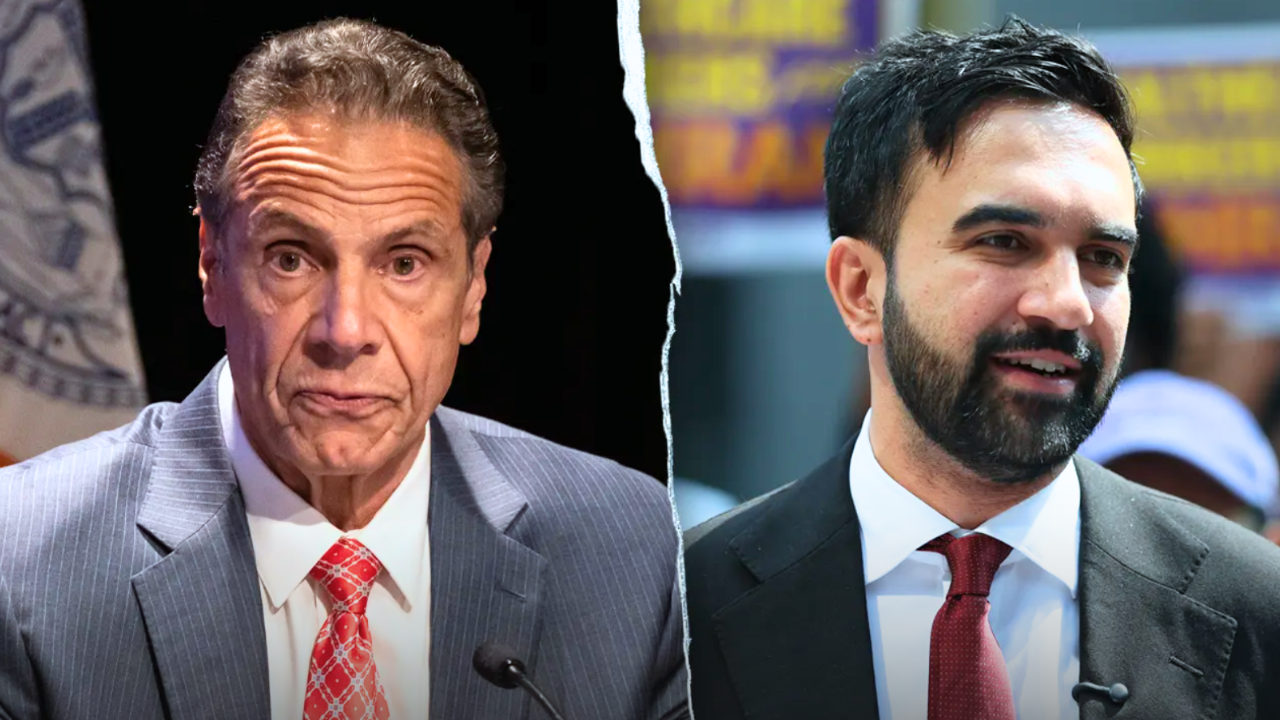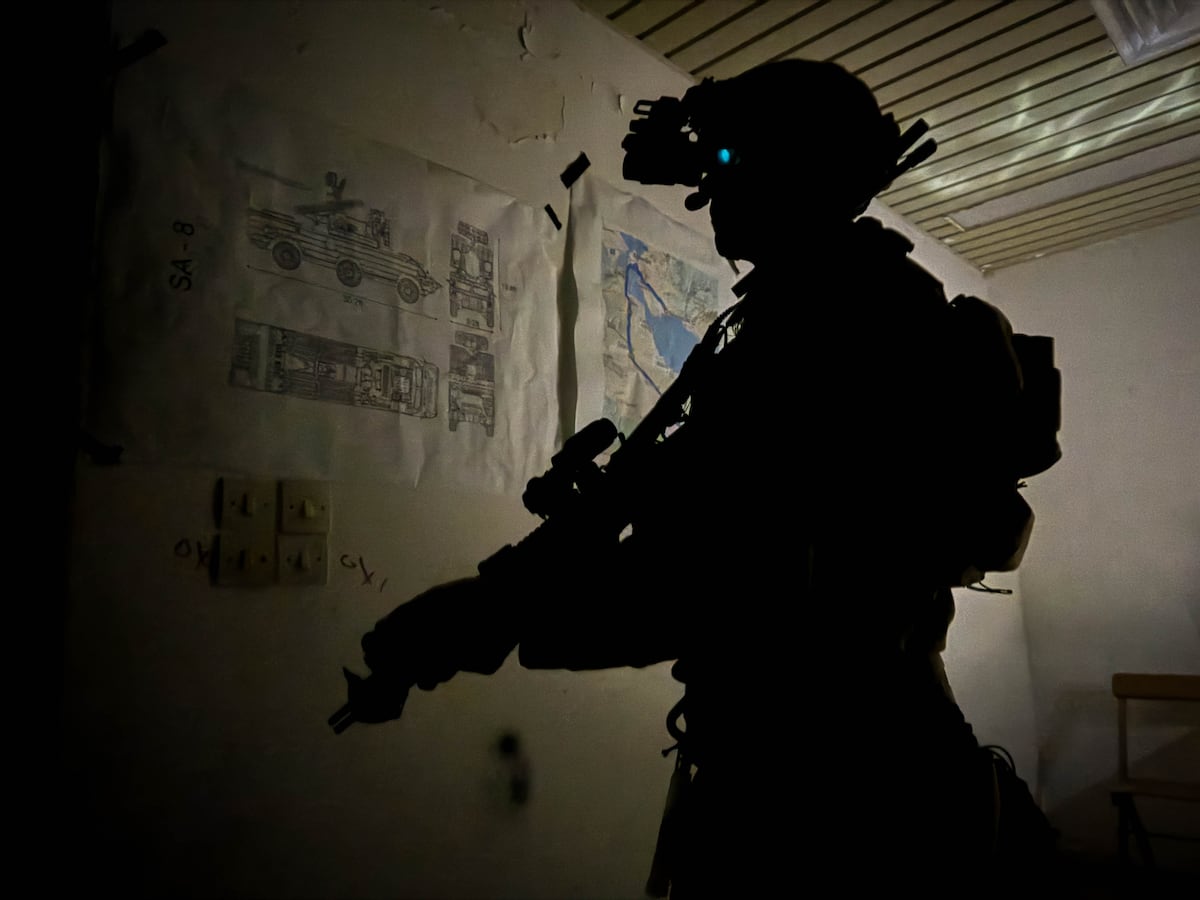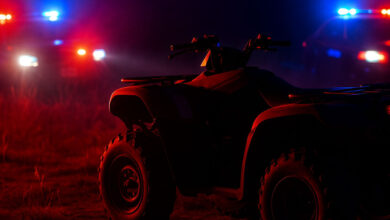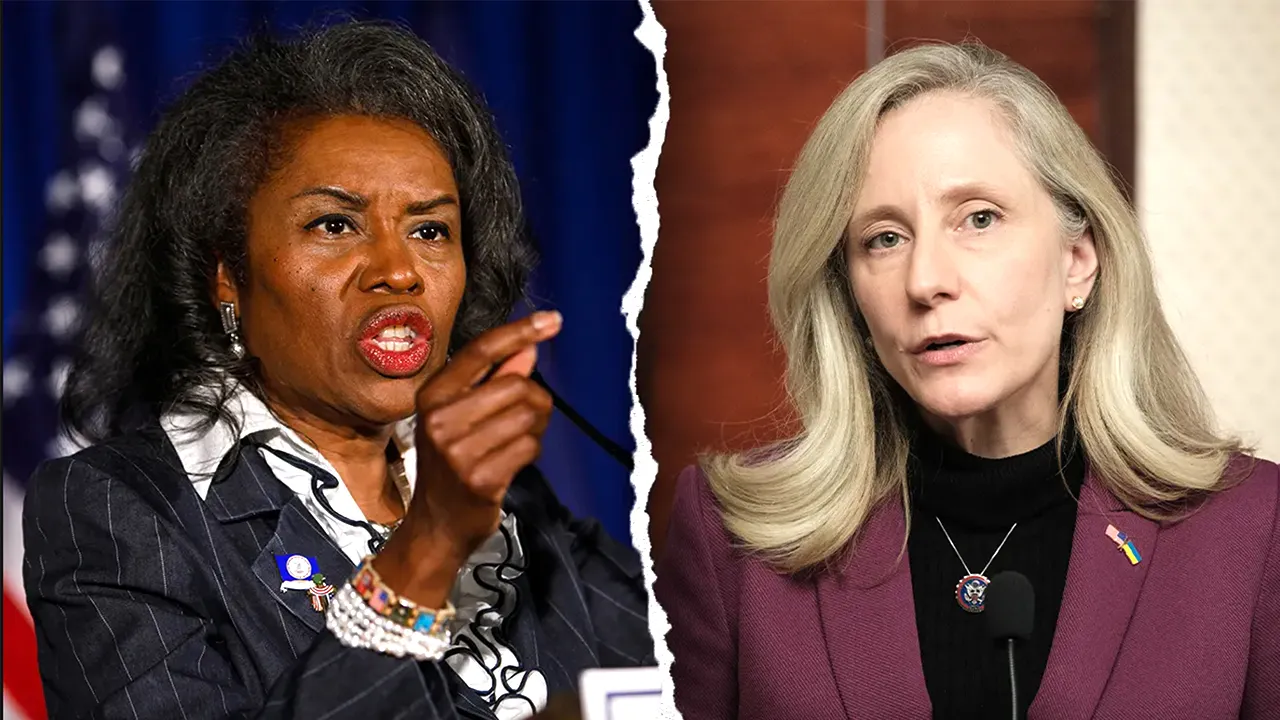Trump suggests Guard troops will be deployed to Chicago next

Amid controversy over his decision to deploy National Guard troops around Washington, D.C., President Donald Trump on Friday signaled he is already looking at sending American military forces to other U.S. cities to help deal with crime issues.
During an Oval Office press conference, Trump praised the work of National Guard troops around the nation’s capital and said that “after we do this, we’ll go to another location.” He specifically cited Chicago, attacking the mayor for allowing crime rates to rise there.
“We’re going to make our cities very, very safe,” he said. “Chicago is a mess … Probably that’ll be our next one after this, and it won’t even be tough. The people in Chicago, they are screaming for us.”
RELATED
Chicago Mayor Brandon Johnson has already been fiercely critical of Trump’s declaration of a state of emergency in Washington, D.C., and the use of Guard troops there. Earlier this month, Johnson said his city will not “cower or bend or be intimidated by [Trump’s] attempts to divide and conquer our communities.”
Johnson has said that investment in social services like mental health care and family assistance are making positive changes in Chicago’s crime rate. But Trump — and conservative activists — have pushed for military involvement to clean up what they insist are urban areas on the brink of chaos.
Roughly 2,000 National Guard troops are currently deployed to Washington, D.C., with about 800 from the city’s ranks of Guardsmen. D.C. Mayor Muriel Bowser has publicly objected to the federal takeover.
“I don’t think the National Guard should be used for law enforcement,” Bowser said during a press conference Monday. “Calling men and women from their homes, their jobs, and their families — they have to be used for mission-specific items that benefit the nation.”
Earlier on Friday, Defense Secretary Pete Hegseth signed a memo authorizing Guard troops deployed in Washington, D.C., to carry weapons if their mission requires it. Defense Department officials did not say when those service members may be armed and what the impetus for the memo was.
Leo covers Congress, Veterans Affairs and the White House for Military Times. He has covered Washington, D.C. since 2004, focusing on military personnel and veterans policies. His work has earned numerous honors, including a 2009 Polk award, a 2010 National Headliner Award, the IAVA Leadership in Journalism award and the VFW News Media award.

